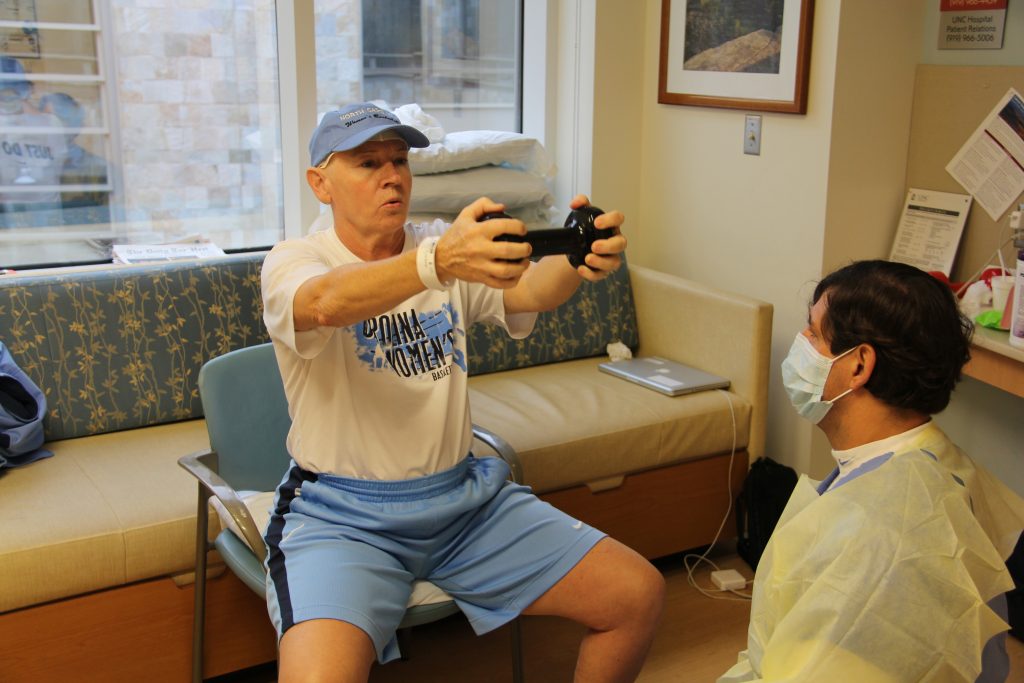
UNC women's basketball coach Sylvia Hatchell performs strengthening exercises with associate professor Claudio Battaglini. (photo by Sheila Oliver)
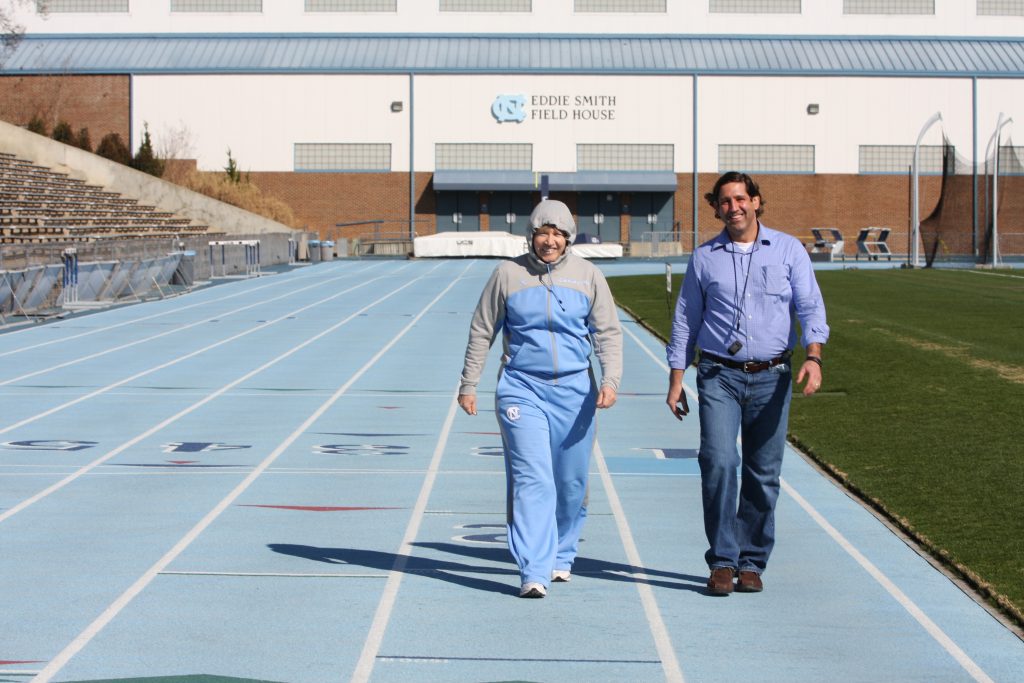
Cancer patients are usually advised to rest after treatment, but a pioneering UNC program is proving that recovery is faster if patients exercise.
Get REAL (Recreation Exercise Active Living) &HEEL is an exercise and educational therapy program for cancer patients with over 275 “graduates” since it began in 2006.
Claudio Battaglini, associate professor of exercise and sport science in UNC’s College of Arts and Sciences, is its director. He co-founded the program with Diane Groff, associate professor of exercise and sport science.
Get REAL&HEEL is one of a handful of such programs in the United States. It has grown from serving post-therapy breast cancer patients to patients with blood and other cancers, and will soon serve patients actively undergoing treatment. The program is housed in a wooded setting near campus where 24 patients attend each 16-week course.
Patients use words like “lifeline” and “life-changing” to describe their participation. Andre Novak from Chapel Hill, a multiple myeloma patient, joined the program after seeing how it helped his wife, Hollie, a breast cancer survivor.
“Cancer pain has been a major issue, limiting not only what but also how much I can do,” Novak said. “After Get REAL&HEEL, my pain levels have decreased, so I am less dependent on pain medication, and the increase in stamina means I can do some of the work I used to do. Even though there is effort involved, the rewards you get far outweigh the effort put in.”
The program has many collaborators across campus, including faculty and graduate students from exercise and sport science, UNC Lineberger Comprehensive Cancer Center, UNC Hospitals, the School of Nursing, the School of Journalism and Mass Communication, as well as community partners in North Carolina and elsewhere in the United States and abroad.
Battaglini revamped Get REAL&HEEL based on participant feedback.
“Originally, patients worked one-on-one with an exercise trainer and attended a few group sessions, but they told us they wanted more time with other patients to get to know each other,” he said. “Now we create a social network that is extremely important to patients during their recovery process.”
In addition to exercise, patients participate in educational sessions on nutrition, yoga, coping strategies and other topics, led by Lineberger staff members.
The UNC exercise oncology clinical research component has expanded dramatically, pairing exercise and sport science professors and graduate students with UNC medical and nursing faculty.
“Early studies showed that exercise could help to alleviate side effects from cancer treatment, such as fatigue, and [provide] overall physical conditioning,” Battaglini said. “So even though patients may be tired, if they begin exercising, they start feeling better more quickly. There’s a tremendous psychological impact on the patients.”
He and other UNC scientists are now exploring the science behind why exercise is beneficial to patients.
Some studies are:
- examining effects of exercise on geriatric breast cancer patients undergoing treatment
- investigating long-term effects of exercise on colorectal cancer patients
- researching the use of exercise to alleviate loss of muscle mass from specific therapies for prostate cancer
- collaborating with faculty in Duke University’s engineering department to simplify assessment of cardio-respiratory function, and
- looking at the effects of exercise during initial chemotherapy in newly diagnosed acute leukemia patients.
Although the program is based in Chapel Hill, workshops developed with the Komen Foundation enabled over 600 participants in six neighboring counties to attend programs on using exercise and other coping mechanisms to decrease treatment-related symptoms and improve quality of life.
Get REAL&HEEL has contributed to the development of sister programs in Australia and is assisting three universities in Brazil to implement satellite programs.
“What gives me and the team the greatest satisfaction is to see a smile on a patient’s face and know that by the work we’re doing, they’re feeling better,” Battaglini said. “We are giving them hope.”
Watch a video about Claudio Battaglini.
Battaglini won a 2015 UNC Massey Award for distinguished service.
Sidebar: CASE STUDY — SYLVIA HATCHELL
UNC women’s basketball coach Sylvia Hatchell was diagnosed in 2013 with leukemia. Soon after her diagnosis, she contacted Battaglini, who worked with her throughout her treatment and after to regain strength. “Exercise was a major component of my cancer treatment plan and recovery. It has helped me tremendously, not only physically but also mentally; without it, I am not so sure how well I would have gone through the cancer process,” she said.
Published in the Spring 2015 issue | Research, The Scoop
Read More
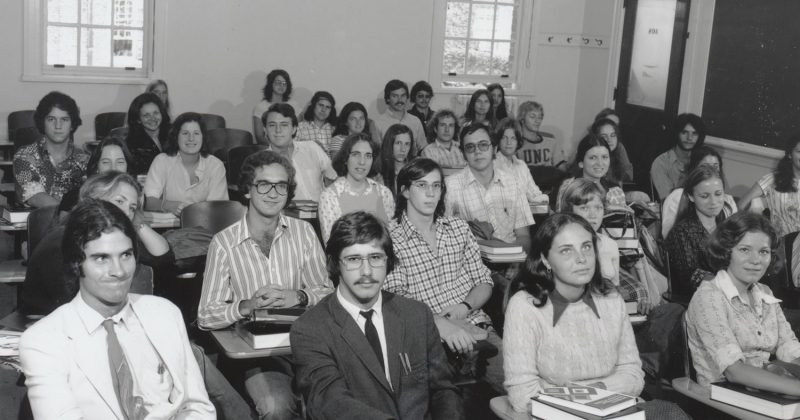
#Throwback: (spring 2015 photo)
Readers responded with wonderful details about this photo labeled “Lectures…
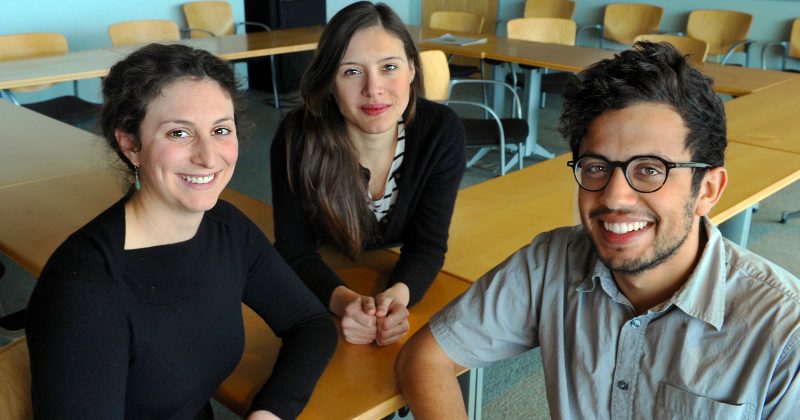
A World of Opportunities: New M.A. program prepares students for global careers
During an undergraduate semester abroad in Cameroon, Sarah Miller Frazer…
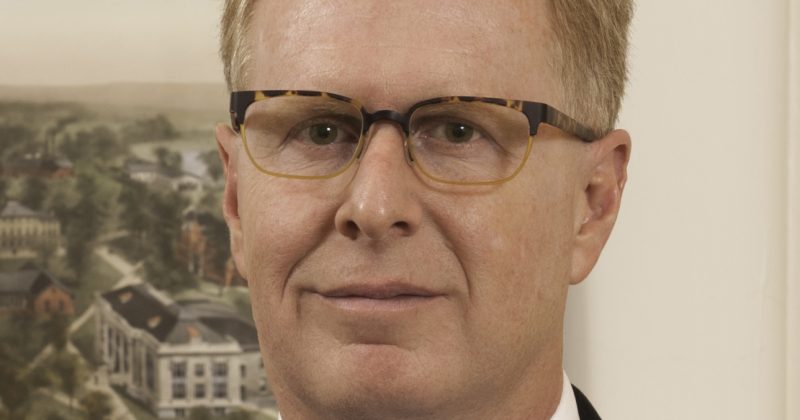
Parker named executive director of Arts and Sciences Foundation
When Rob Parker walked through the doors of the Arts…

